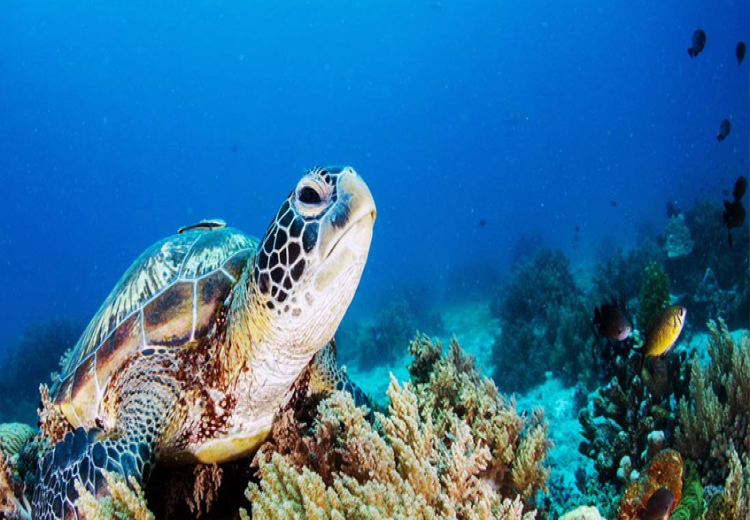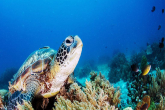Ichthyologist
Key tasks:
The key tasks of ichthyologists, scientists specializing in the study of fish (ichthyology), cover a broad range of activities related to the biology, ecology, behaviour, and conservation of fish species. Here are some key tasks associated with the work of ichthyologists:
• Fish Species Identification.
• Taxonomy and Systematics.
• Field Surveys and Sampling.
• Behavioural Observations.
• Population Studies.
• Habitat Ecology.
• Genetic Analysis.
Entry requirements/training:
The basic entry requirements for a bachelor’s degree in marine biology or zoology at any accredited institution is the recommended approach. Ichthyology as a focus can be chosen after at least two years of completing either zoology or marine biology. Rhodes University’s Ichthyology Department has a good reputation.
A bachelor’s degree is required for most entry-level ichthyology jobs, such as laboratory assistant. A master’s degree in zoology or ichthyology will allow students to pursue practical and independent research on a specific topic, thus allowing them to gain skills in a variety of areas applicable to ichthyology careers. Having a Ph.D. in a field related to ichthyology typically qualifies someone for the same positions as a master’s degree, as well as teaching and primary research positions in ichthyology. It may also qualify them for a higher level of pay than candidates with a master’s degree.
Associated job opportunities:
Ichthyologists can find job opportunities across various sectors, depending on their specific expertise and interests within the field of fish biology. Here are some associated job opportunities for ichthyologists:
• Research Scientist (Fisheries Biology)
• Aquatic Biologist
• Fisheries Manager or Biologist
• Aquaculture Specialist
• Conservation Biologist (Fisheries Conservation)
• Environmental Consultant




